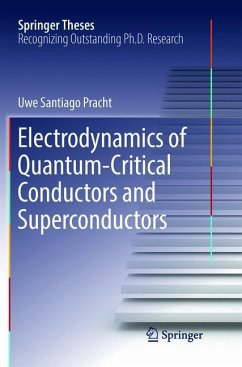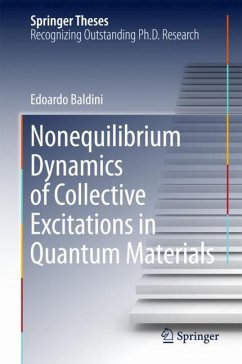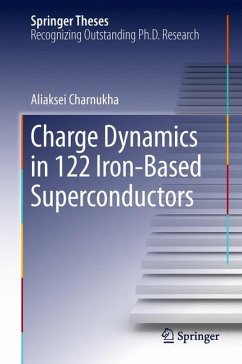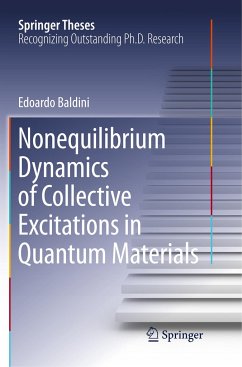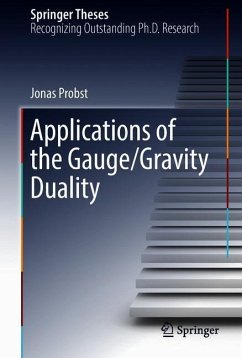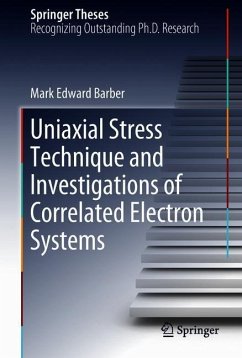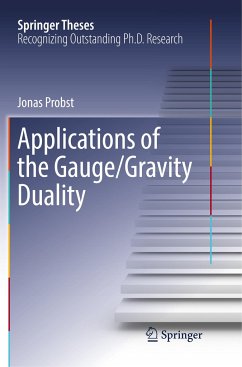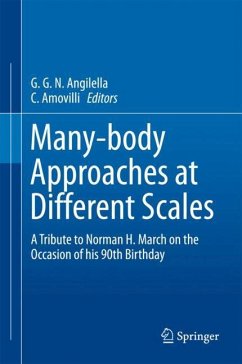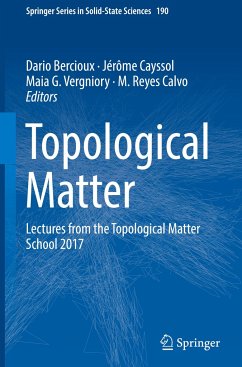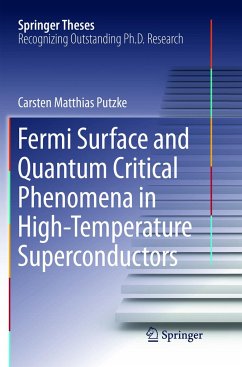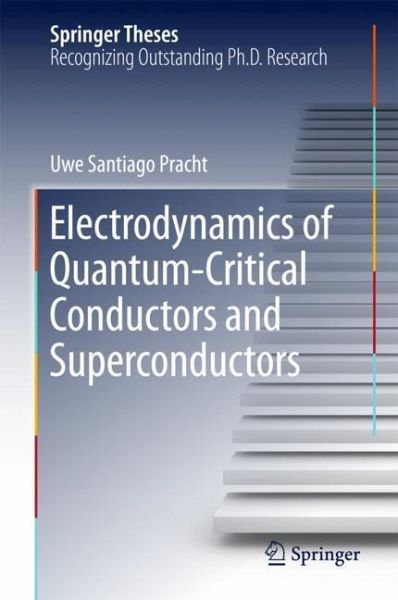
Electrodynamics of Quantum-Critical Conductors and Superconductors
Versandkostenfrei!
Versandfertig in 6-10 Tagen
76,99 €
inkl. MwSt.
Weitere Ausgaben:

PAYBACK Punkte
38 °P sammeln!
This thesis presents and discusses recent optical low-temperature experiments on disordered NbN, granular Al thin-films, and the heavy-fermion compound CeCoIn5, offering a unified picture of quantum-critical superconductivity. It provides a concise introduction to the respective theoretical models employed to interpret the experimental results, and guides readers through in-depth calculations supplemented with supportive figures in order to both retrace the interpretations and span the bridge between experiment and state-of-the art theory.





